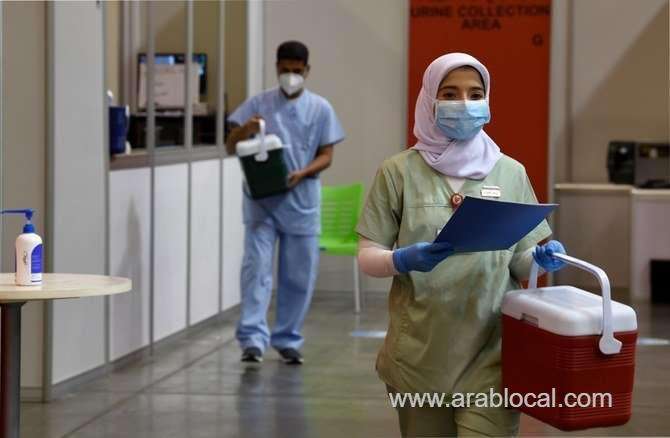
Bahrain has reintroduced a host of new, more strict, Covid-19-related restrictions starting today in an effort to contain the spread of the virus following a sharp rise in daily cases since late January.
The move follows similar announcements in several other Gulf Co-operation Council (GCC) states including Saudi Arabia, Qatar and Kuwait, which have also reported a marked rise in case numbers in recent weeks.
As per a directive issued by Bahrain's national Covid-19 task-force, up to 70pc of public sector employees will now be required to work from home, while social gatherings have been limited to just 30 people. All social entertainment and recreational facilities, such as gyms or sports halls, have also been closed. These measures will remain in place for at least 20 days through 27 February.
This comes just two weeks after the kingdom banned all indoor dining in restaurants and cafes, and moved schools to remote learning through 20 February, after it detected its first case of one of the new, more infectious strains of Covid-19.
Bahrain registered 515 new Covid-19 infections on 6 February, up from a daily average of 333 infections last month.
Such restrictions will continue to impact Bahrain's demand for road transportation fuels, particularly for gasoline.
Gasoline demand dropped by 13pc to 14,000 b/d in April, when the government first imposed restrictions on movement, from 16,000 b/d in March, according to the latest data from the Joint Organisations Data Initiative (Jodi). Gasoline demand over the first 11 months of 2020, meanwhile, fell by 25pc year-on-year to 13,000 b/d versus around 17,400 b/d over the corresponding period in 2019.
And despite an easing of restrictions in the latter part of 2020, gasoline demand never fully recovered to pre-Covid-19 level.
SOURCE: ARGUSMEDIA